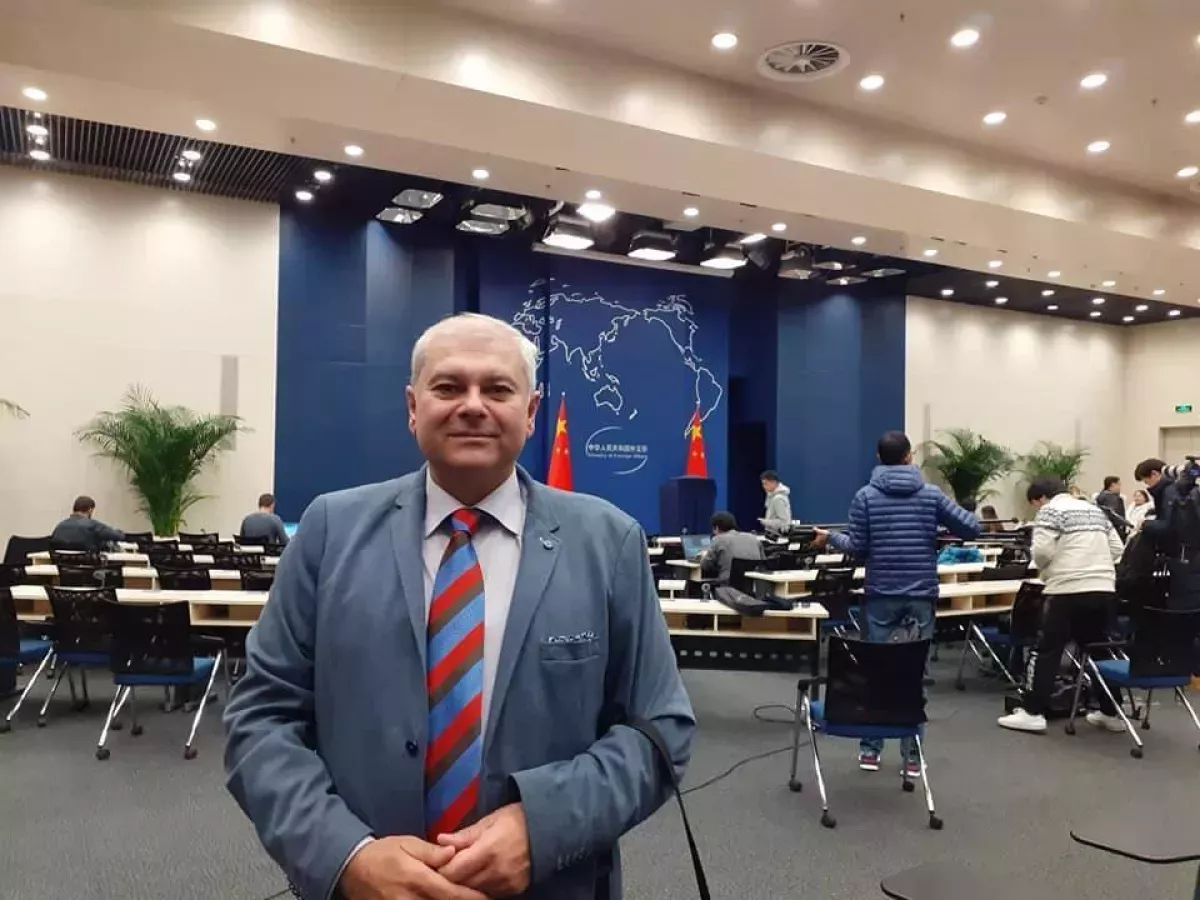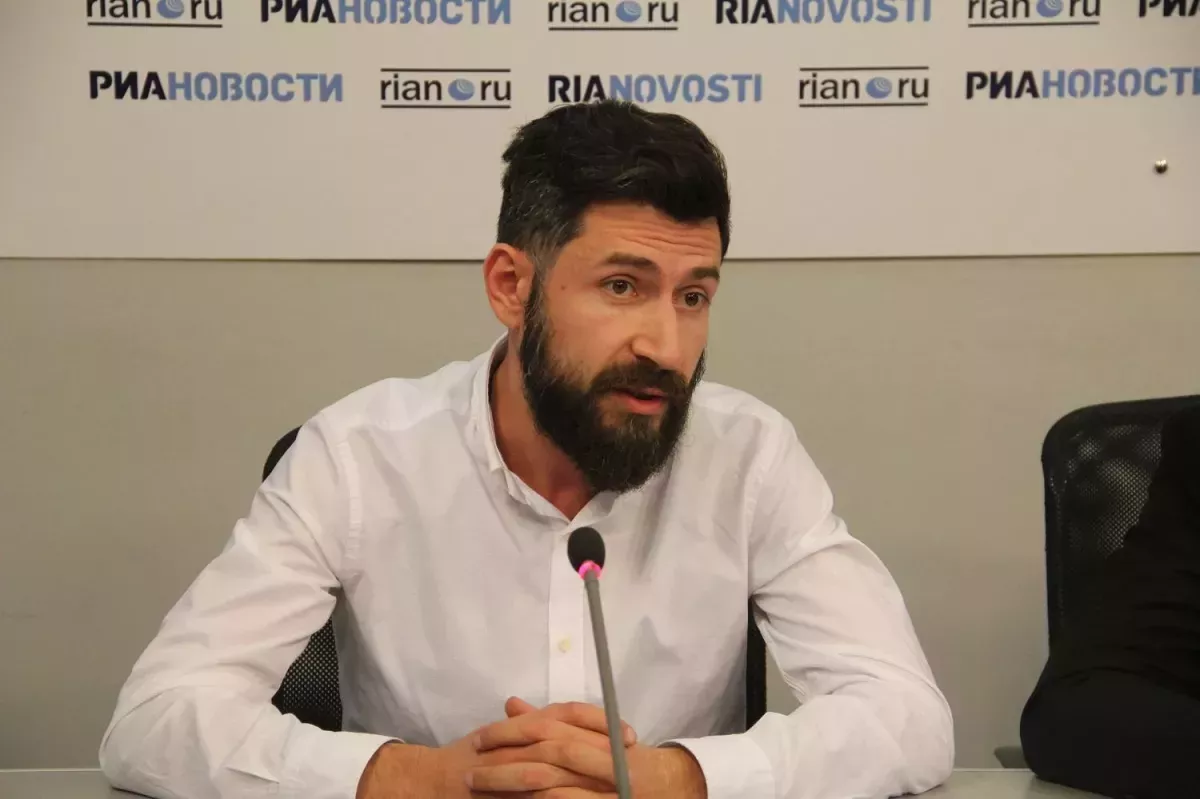December 29: A pivotal day for Georgia’s political future Expert insights
"Opposition parties will have to accept the election results and return to work in parliament," stated the Speaker of the Parliament of Georgia, Shalva Papuashvili, according to Sputnik Georgia. Four opposition parties, which secured parliamentary mandates following the elections, refuse to work in parliament and are currently participating in protests demanding early parliamentary elections.
"The radical opposition will ultimately have to accept the will of the Georgian people and return to democratic norms. It's just unfortunate that precious time is passing and the energy and emotions of our people are being wasted," said Papuashvili.
The alliances Unity – National Movement, Coalition for Change, and Strong Georgia have explicitly stated that they are rejecting their mandates, while the For Georgia party has opted for a more cautious formulation, saying they will not legitimize this parliament.
Meanwhile, the final report of the OSCE/ODIHR mission has been published, stating that the elections were held in a free and competitive environment, though violations were recorded, and there was noticeable financial dominance by the ruling party, Georgian Dream – Democratic Georgia.
The Georgian authorities have interpreted the report as a recognition of the legitimacy of the elections, declaring that it marks the end of disputes on this issue. The opposition, however, believes that it was the most negative ODIHR report in recent years.
What does Speaker Papuashvili’s statement signify? Is it possible that, sooner or later, the currently protesting parties will inevitably come to terms with reality and even agree to participate in the work of the newly elected parliament?
Georgian analysts have shared their perspectives on the situation with Caliber.Az.
According to political science professor Badri Nachkebia, the situation in Georgia remains complex today.

"Despite attempts by the opposition to resolve the issue through force (let's call a spade a spade), including an attempt to organize a Maidan, they failed. After that, the opposition took a pause, hoping for decisions from the West. The opposition was waiting for sanctions from the collective West, and this is exactly what happened. Over the past few weeks, we saw a list of sanctions in the form of restrictions on Georgian officials, imposed by the United States, the European Union, and other countries. Interestingly, the Georgian authorities responded quite calmly to this. Moreover, I would like to point out that the Interior Minister, who was sanctioned, was promoted to the position of Deputy Prime Minister," says the expert.
What we see now, he notes, is that the opposition's expectations from the West have not been met. The West preferred to shift from a revolutionary approach to an evolutionary one, which shows that something went wrong for the opposition.
The issue, he adds, is that there is a lack of unity within this camp.
"For example, the former Prime Minister Gakharia, who secured just 6% in the elections, is now taking a wait-and-see approach, signalling that under certain new realities, he could become the opposition leader who will lead his party members into parliament. But the main thing today is that both the government and the opposition in Georgia are waiting for Trump to come to power. Therefore, I expect that until January 20, the situation will remain largely as it is today.
Naturally, with the election of a new president, the powers of the old one will expire. However, as we know, the former president, Salome Zourabichvili, does not intend to step down. Therefore, by the end of the year, specifically on the 29th of this month, some developments are expected in Tbilisi. I do not rule out the possibility of an unusual situation arising. Based on this, we could face some very unpleasant moments for both the opposition and the current authorities right before the New Year. Hence, I believe that this moment is the one to watch. The final decision on whether the opposition will enter parliament will be made at the level of Trump after his inauguration," says Nachkebia.
Political scientist, director of the Center for Islamic Studies of the Caucasus, and expert at the Financial University under the Government of the Russian Federation, Shota Apkhaidze, stated that the final report of the OSCE/ODIHR mission is inherently dualistic.

"It can be interpreted both as support, recognizing the elections, and as criticism of the election results. Therefore, both the opposition and the Georgian government are using this conclusion subjectively, in their own interests. Personally, I have read this conclusion, and it does not mention the annulment of the election results. They acknowledge the results but criticize the authorities for using administrative resources and financial means that helped them win the elections. The report also highlights some isolated violations at specific polling stations," said the researcher.
However, he emphasized that the opposition cannot rely on this conclusion to claim that the OSCE does not recognize the election results.
"This is not true. The OSCE has recognized the results, and before that, the European Union did as well. Although Western, particularly European, officials are inconsistent on this matter, they are impossible to understand. Sometimes they recognize the results, then later deny them, sometimes supporting the election outcomes and sometimes rejecting them. It seems they are acting not based on their own positions or reasoning, but rather on how events are unfolding in Georgia. That is, if the protest wave is strong and serious enough, they criticize the authorities and change their position if they had previously supported them on any issue. They start criticizing the authorities because, clearly, the trends in the liberal world and liberal media heavily influence such decisions.
European officials are very fearful people. Of course, they fear that later Georgian liberals and the opposition will criticize them for allegedly supporting a 'totalitarian regime.' That’s why they make such statements," explains the expert.
As for Papuashvili’s words and the hope that the opposition will now accept the situation and eventually disperse, this is absolutely not the case. The speaker is mistaken, says Apkhaidze.
"These protests are quite organized; they are not spontaneous rallies. Certain individuals who have been preparing for these events even before the elections are behind these processes. Although the ordinary people who are protesting may have no idea that these actions are being used by some to come to power and essentially seize control peacefully, not through a coup—because most of the protesters would not support such a form of protest, I am deeply convinced.
I also believe that the protesters will not disperse until their main goal is achieved—calling for new elections. In this case, I think the government must somehow find (although this is already difficult and perhaps even impossible) common ground with the opposition and those who had planned this even before the elections. It’s clear now that the West simply wants a change in government in Georgia, and the Georgian Dream is to blame for allowing the situation in the country to reach this point. But, of course, the main blame lies with the destructive opposition," concludes Apkhaidze.








